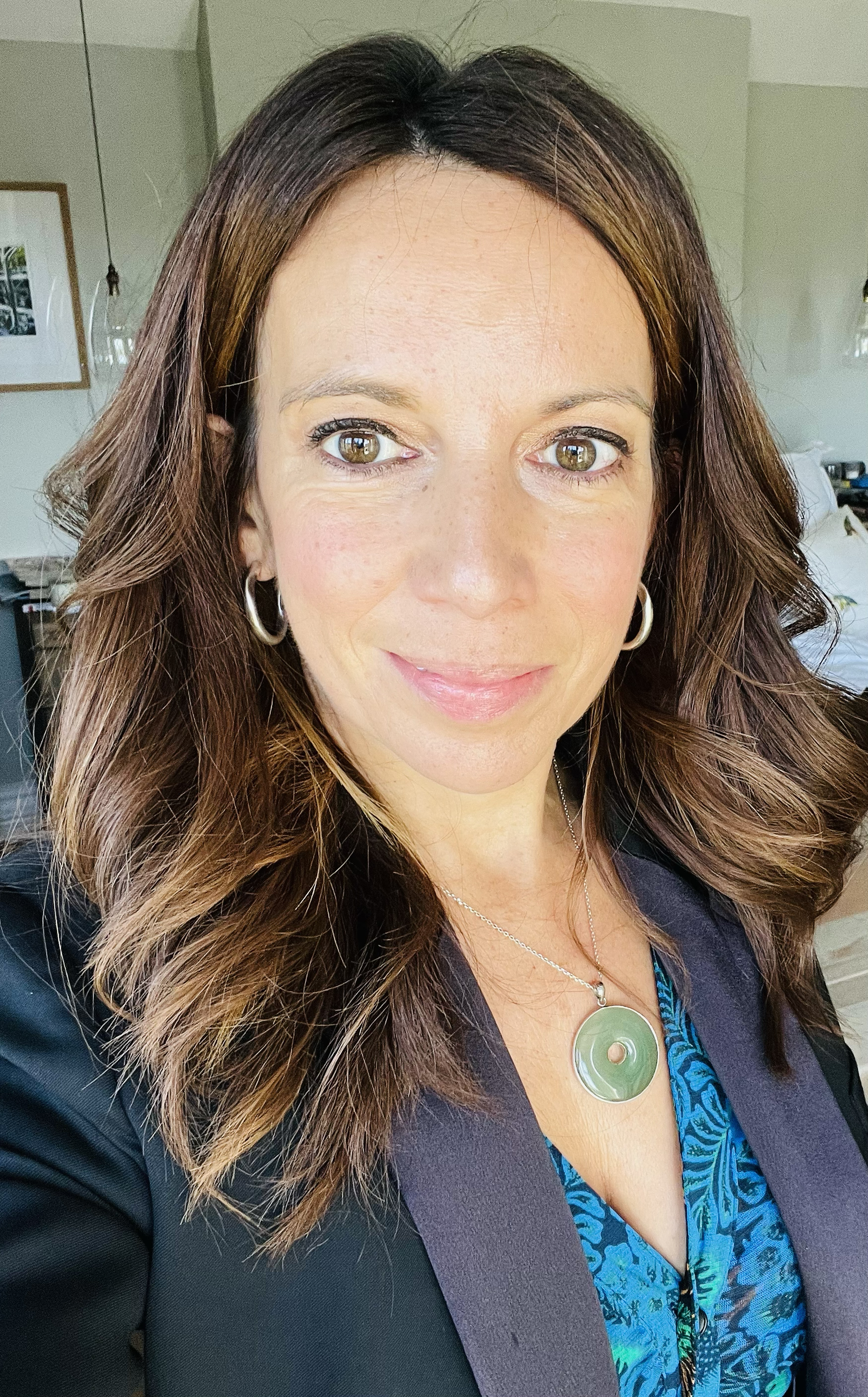"My fear of eating led to anorexia... but here's how I overcame it"
Lydia Bogert's phobia became so extreme she developed an eating disorder
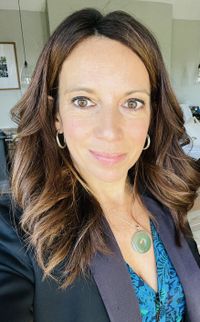
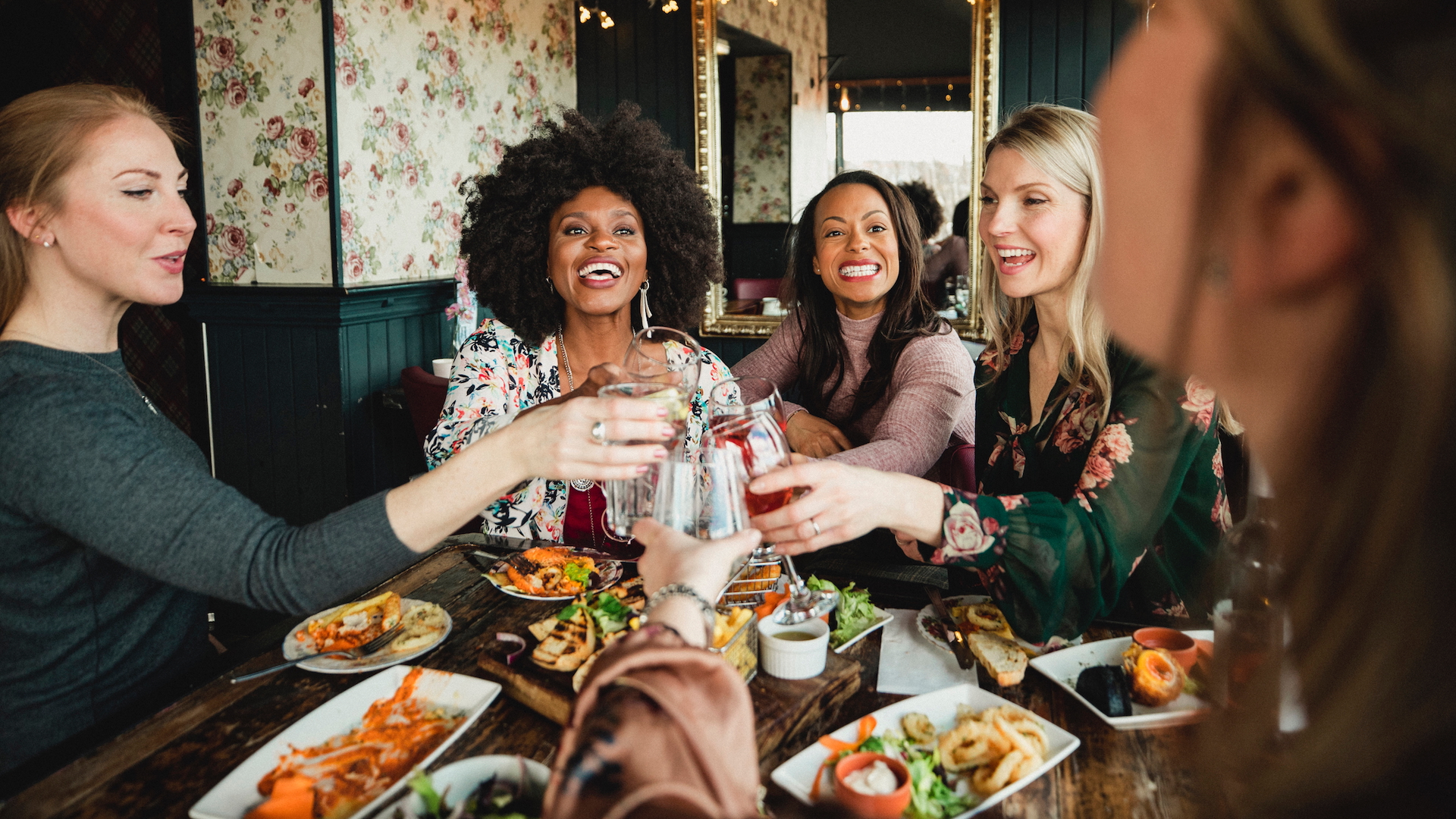
Phobias are the most common type of anxiety disorder in the UK, affecting many of us in different ways. But for some people, these phobias can become so extreme that they take over their lives and can even seriously affect their health.
Lydia Bogert, 42, from north London, is an eating disorder recovery coach. Her fear of eating began when she was in her 20s, and became so serious that she developed anorexia. Remarkably, Lydia recovered from this phobia; here's how.
"In April 2008, I was having dinner with my flatmate Ted. He said something funny and I inhaled a chunk of sausage that lodged in my throat," recalls Lydia, who now has three children, Samson, 13, Isaac, 12, and Leah, 10.
"Unable to breathe, I thought I was going to die. Ted performed the Heimlich manoeuvre, which saved my life, but I became too scared to eat or chew anything solid."
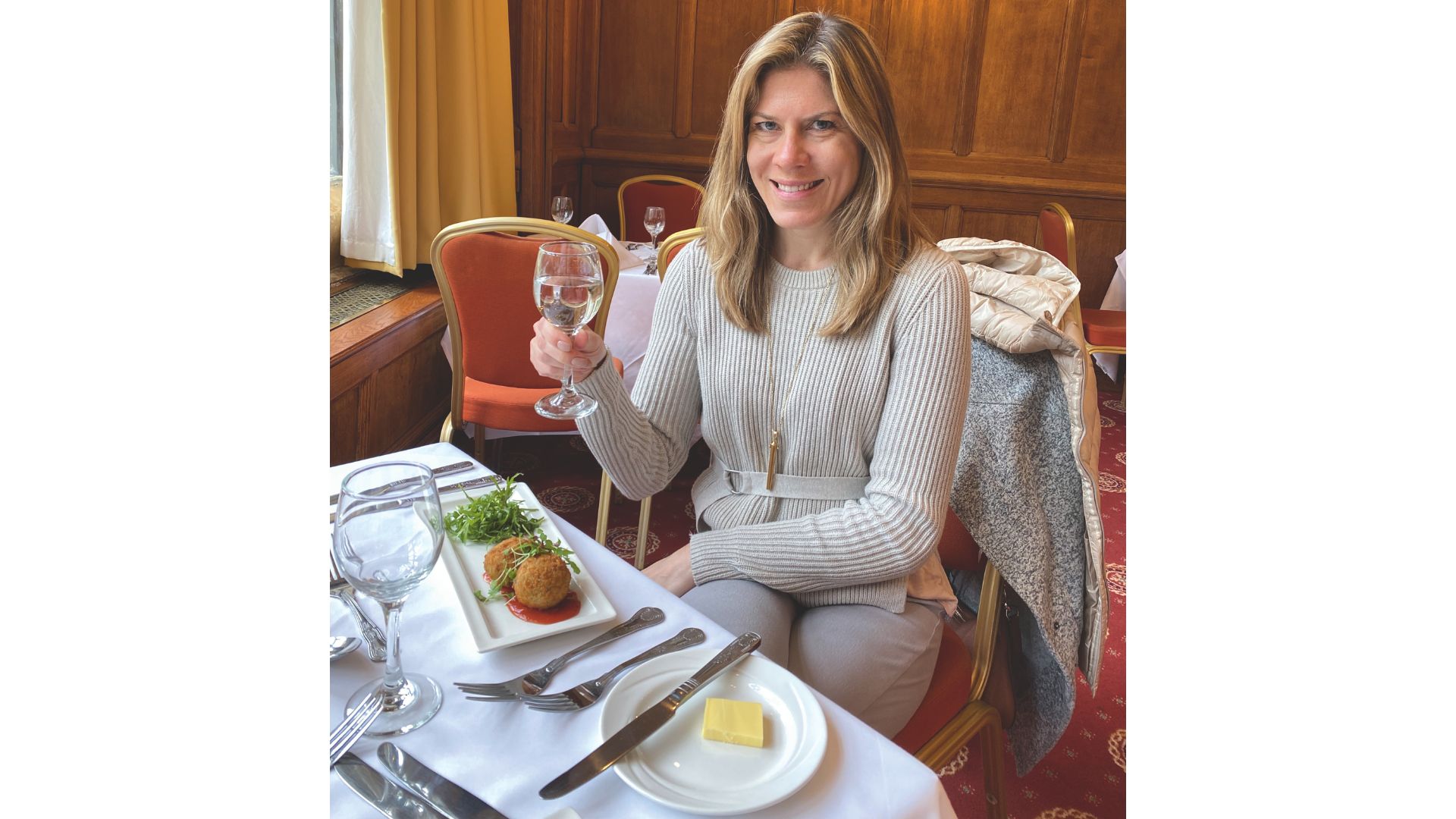
Lydia can now enjoy meals, slowly, having recovered from her fear of eating
"At the time, I was living in Russia as an English teacher, so with no friends or family around me at mealtimes, I was able to cover up my fear.
"I lost a lot of weight, and within two months, my phobia had morphed into anorexia. Some of my students and my flatmate said that I was looking thin but I took their comments as compliments.
"Six months later, I started to have palpitations and spells of dizziness. I felt poorly and couldn’t function properly.
Sign up to our free daily email for the latest royal and entertainment news, interesting opinion, expert advice on styling and beauty trends, and no-nonsense guides to the health and wellness questions you want answered.
"I realised if I didn’t start eating, I would die. But with my body in starvation mode, I was hungry all the time and started bingeing."
A post shared by Lydia Bogert • The Mindful Eating Coach (@her_healthy_life_program)
A photo posted by on
"Moving to London in 2012, I heard about mindfulness and how we can choose what meaning we ascribe to our thoughts.
"Realising I could change the way I related to food, I developed tools to help me overcome negative thoughts, combining visualisation techniques, breathing exercises, and focusing on being balanced, calm and centred.
Where to get help with a phobia
✢ Eating disorder recovery coaching Get in touch with Lydia for her tailored Her Healthy Life programme
✢ Cognitive Behavioural Therapy (CBT) Find therapists through the British Association for Counselling and Psychotherapy
✢ Hypnotherapy can help reframe phobias. Try Hypnotherapy Associates
✢ Clinical psychologists help individuals understand what’s driving a phobia. Contact Dr Stuart Psychologists
"Around that time, I met my husband Jonathan. With his love and support I established a more normal relationship with food.
"I still eat slowly and prefer eating in peace, but I do enjoy food. Inspired by my experience, I qualified as a cognitive behavioural hypnotherapist, and now work as an eating disorder recovery coach.
"I don’t want anyone else to experience what I did alone."
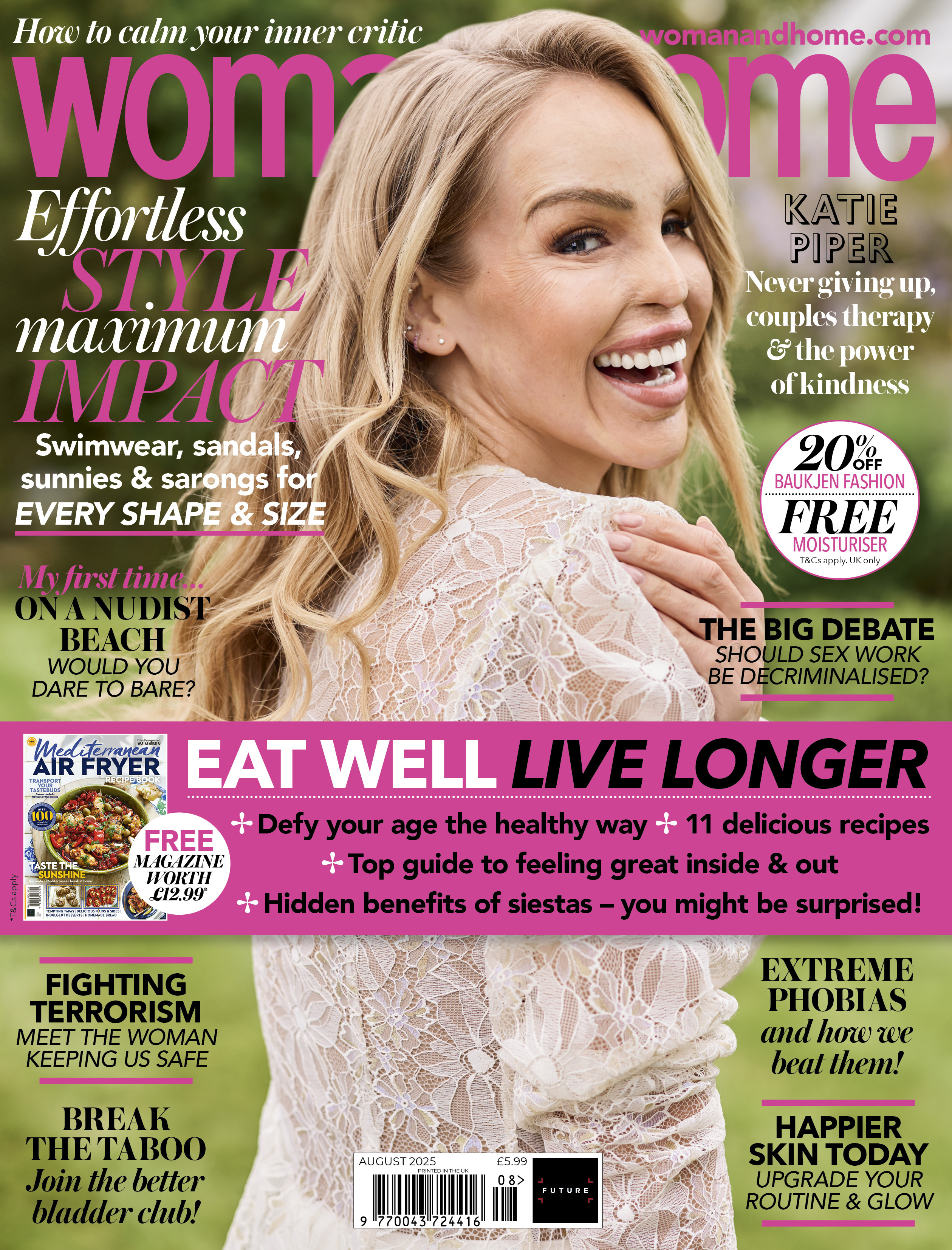
This article first appeared in the August 2025 issue of woman&home magazine. Subscribe to the magazine for £6 for 6 issues.
Ellie juggles being Mum to a chaotic blended family of seven with working as a lifestyle and travel writer. With a Masters in Psychology, Ellie is passionate about delving into what makes people tick and bringing to life their stories. Using the real-life experience of her own ‘modern family’ and their many adventures alongside her diverse range of personal interests, she’s recently covered topics as varied as the Taylor Swift phenomena, helping kids through divorce, Living Funerals and South African Safaris. Ellie contributes to publications such as Woman&Home, Woman, Woman’s Weekly, Good Housekeeping, The Times, Red Magazine, Travel Africa and Family Traveller.
You must confirm your public display name before commenting
Please logout and then login again, you will then be prompted to enter your display name.
